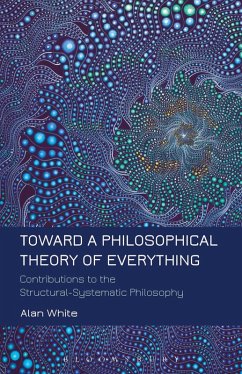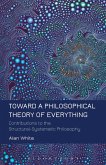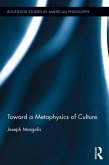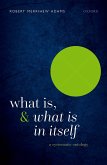Moral values are real-we don't just make them up. Beauty is in the world-it's not just in the eye of the beholder. You are free-what you do is not always determined by electrochemical processes in your brain. And the universe we live in is God's creation.
These are radical claims. But they are widely rejected in contemporary philosophy because they are almost always considered in relative isolation from one another. This book shows that when they are considered in conjunction, they gain mutual support. And it shows this both clearly and concisely.
But its systematic approach to philosophy also reveals that various philosophical positions currently widely accepted and defended can appear plausible and perhaps even compelling only when they are considered in relative isolation-as they, too, almost always are. When the issues on which these positions are taken are considered in conjunction, problems come into view and the alternative positions defended in this book emerge as superior.
Toward a Philosophical Theory of Everything is a ground-breaking work that shows the importance of systematic thinking, while also defending positions, on central philosophical issues, that are widely rejected in contemporary philosophy.
These are radical claims. But they are widely rejected in contemporary philosophy because they are almost always considered in relative isolation from one another. This book shows that when they are considered in conjunction, they gain mutual support. And it shows this both clearly and concisely.
But its systematic approach to philosophy also reveals that various philosophical positions currently widely accepted and defended can appear plausible and perhaps even compelling only when they are considered in relative isolation-as they, too, almost always are. When the issues on which these positions are taken are considered in conjunction, problems come into view and the alternative positions defended in this book emerge as superior.
Toward a Philosophical Theory of Everything is a ground-breaking work that shows the importance of systematic thinking, while also defending positions, on central philosophical issues, that are widely rejected in contemporary philosophy.









